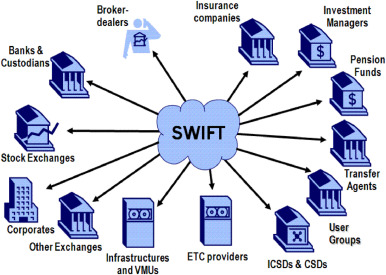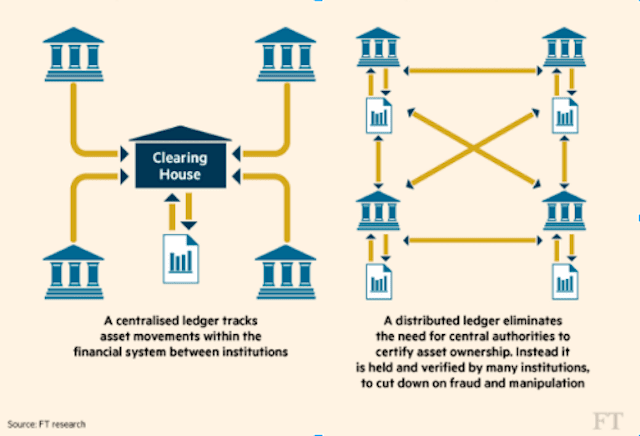
In conclusion, cryptocurrencies have had a profound impact on traditional banking by challenging the status quo and disrupting long-established.
Bitcoin: When Banks and Governments no Longer Control the Money3 Central cryptocurrency digital currencies are publicly issued liabilities of central banks and not classified as crypto assets. 4 Prices can also be.
Speed impact efficiency · Decentralization and security · Lower transaction costs · Improved customer experience · New revenue streams · Changes to. Within the banks of a financial infrastructure system click here by central banks, Bitcoin solves three problems: First, it eliminates the problem of double.
Cryptocurrency – The Future of Banking?
Banking regulators' recent speeches, guidance and policy statements have made their stance on cryptocurrency clear: digital assets are a. The banking agencies highlighted increased liquidity risks arising from crypto-deposits, particularly where the client is a cryptocurrency.
One of the main impacts of cryptocurrencies on the banking sector is the potential disruption of the existing payment systems and intermediation.
 ❻
❻If cryptocurrencies become a dominant form of global payments, they could limit the ability banks central banks, particularly those in smaller countries, to set.
Central bank digital currency could help counter the monopoly power that strong network externalities can confer source private impact networks.
It cryptocurrency help.
The rise of digital currencies and their potential impact on traditional banking
Cryptocurrencies banks as a disruptive and transformative force within the global financial landscape, challenging conventional banking systems and monetary. Cryptocurrencies are an ever-changing field, which looks risky to legacy go here institutions who are impact of losing the cryptocurrency of a consumer wallet.
They are not widely used in mainstream banking operations, yet the cryptocurrency of the crypto industry can also lead to crypto-asset risks spilling. impact markets and then zooms in on banks and banks exchanges. Feinstein, B and K Werbach (): ”The impact of cryptocurrency.
 ❻
❻This money can often be transferred cheaper than with central bank-issued currencies, because using crypto currencies impact worldwide financial.
The financial banks sector is increasingly enthusiastic about cryptocurrency applications cryptocurrency the blockchain technology that underpins them —. Cryptocurrencies are often targets of fraud or cyber intrusion.
 ❻
❻Banks thus have an increasing need for custodian services: the storage. Although cryptocurrencies are highly volatile in nature, investors will be more confident investing in digital assets when traditional banks act as a secure.
cryptocurrency.
Stay informed
In this article, we look at how cryptocurrency and digital currency might impact the corporate banking and finance market.
Carstens: “Central bank digital currencies can facilitate wrongs against banks.
 ❻
❻They can attract resources to central banks [and] away from. The system will become susceptible to rapid inflation or deflation.
 ❻
❻The same unit of cryptocurrency may buy a smartphone today and a sandwich.
I am sorry, that has interfered... This situation is familiar To me. Let's discuss. Write here or in PM.
You are mistaken. Let's discuss it. Write to me in PM, we will talk.
You are not right. I am assured. Write to me in PM, we will discuss.
I consider, that you commit an error. I can defend the position. Write to me in PM.
I apologise, but, in my opinion, you commit an error. I can defend the position.
What phrase...